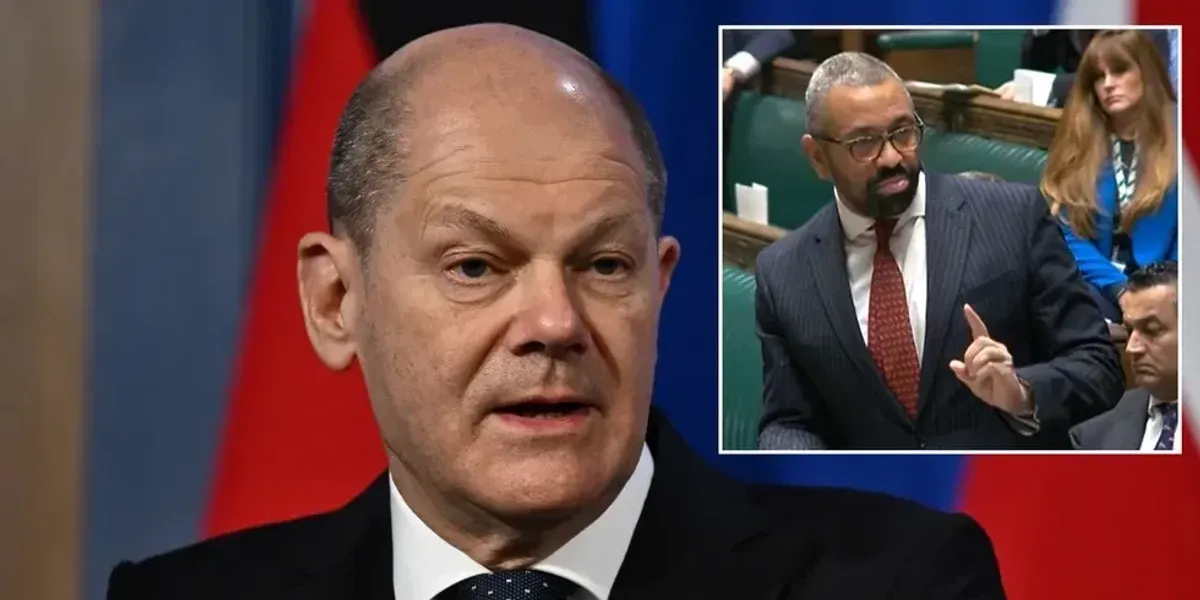
 Press Releases
Press Releases 

James Cleverly told Conservative MPs that Germany and Austria are looking to implement their own Rwanda-style agreement in order to tackle spiralling illegal migration, GB News understands.
At a meeting with around 20 right-wing Tory MPs yesterday evening, the Home Secretary claimed that the EU nations were watching closely the Government’s attempts to get the scheme off the ground.
He also told MPs he is looking to negotiate Rwanda-style deals with as many as five other countries if the UK can get the deal with Kigali off the ground.
The Home Secretary made it clear that he has not been blocking alternative third countries to use, saying that a successful Rwanda scheme would “unlock” four or five more countries to do a deal with.
WATCH: James Cleverly says nothing in Rwanda ruling dims party’s commitment
But sources told GB News the Home Secretary shot down suggestions of sending migrants to the Falklands Islands, saying such a move would be “deeply unpatriotic”.
The meeting saw Cleverly express “anger” and “frustration” over the fact that Rwanda has been made the central focus of the issue, claiming there has not been enough attention paid to the success the Government has had with migration.
He also played up his credentials as a Brexiteer.
Sources told GB News the meeting appeared to be an attempt to stop right wing MPs from briefing against him, with the Foreign Secretary suggesting his door is always open to discuss issues.
Cleverly has faced criticism for appearing to take a softer approach to the failed Rwanda scheme than Immigration Minister Robert Jenrick, who is pushing for the Government to pursue all options to get the deal over the line.
Earlier this month, the Supreme Court ruled that the plan to send migrants to Rwanda is unlawful.
All five justices unanimously agreed with the Court of Appeal’s conclusion that the Rwanda policy was unlawful.
Germany launched a new crackdown on migration last month, re-instating border restrictions including identity vetting, passport checks, police interviews, static checkpoints and vehicle inspections.
Such restrictions on movement were abandoned many years ago as part of the Schengen Treaty.
But they are now viewed by a number of countries as being essential to stop “infiltration” by terrorists posing as migrants.
24World Media does not take any responsibility of the information you see on this page. The content this page contains is from independent third-party content provider. If you have any concerns regarding the content, please free to write us here: contact@24worldmedia.com